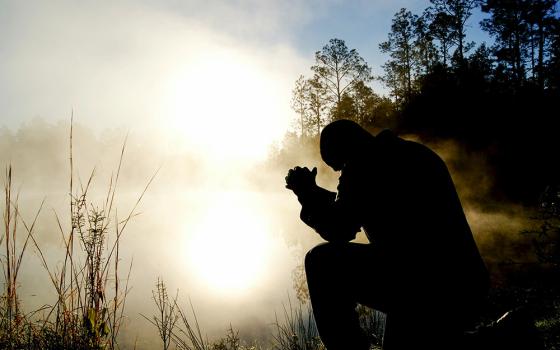On this day, 150 years ago, Henry Wadsworth Longfellow published "Paul Revere's Ride".
Of the midnight ride of Paul Revere,
On the eighteenth of April, in Seventy-five; t
Hardly a man is now alive
Who remembers that famous day and year.
He said to his friend, ‘If the British march
By land or sea from the town to-night,
Hang a lantern aloft in the belfry arch
Of the North Church tower as a signal light, --
One, if by land, and two, if by sea;
And I on the opposite shore will be, t
Ready to ride and spread the alarm
Through every Middlesex village and farm,
For the country folk to be up and to arm.
There's more; it's 130 lines long. And it's much more than a fictionalized version of Revere's ride. Jill Lepore explained in an op-ed piece in The New York Times yesterday, that " 'Paul Revere's Ride' is less a poem about the Revolutionary War than about the impending Civil War -- and about the conflict over slavery that caused it."
On the same day that Longfellow's poem appeared on newsstands, South Carolina issued its "Ordinance of Secession." Edward Ball, in another NYT op-ed piece, "Gone With the Myths," reminds us that the Civil War was about slavery, not about states' rights. He quotes from the declarations of causes issued by states that followed South Carolina. "From Georgia to Texas, each state said the reason it was getting out was that the awful Northern states were threatening to do away with slavery."
The conflict about slavery "killed some 620,000 Americans; an equivalent war today would send home more than six million body bags". During the next five years, we'll hear a lot "from folks who cling to the whitewash explanation for secession and the Civil War. But you have only to look at the honest words of the secessionists to see why all those men put on uniforms."
On this day, we sing the fourth O Antiphon: O Key of David and Scepter of the House of Israel: you open and no one closes; you close and no one opens. Come, and deliver from the chains of prison those who sit in darkness and the shadow of death.


